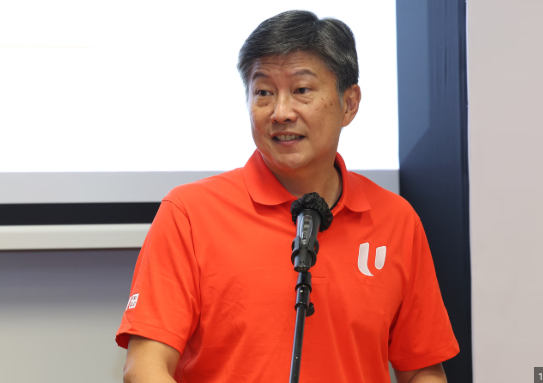Addressing Evolving Workforce Needs in a Super-Aged Society
After engaging over 42,000 workers, Singapore’s labour movement has unveiled a renewed workers’ compact, emphasizing autonomy, adaptability, and assurance. This initiative includes 10 key recommendations across five worker groups: youths, mid-career workers, caregivers, older workers, and vulnerable workers.
Supporting Workers in a Changing Society
As Singapore transitions into a super-aged society, NTUC is focusing on better supporting workers. Labour chief Ng Chee Meng highlighted the need for policies that adapt to shifting priorities.
For youths, NTUC recommends a comprehensive support system, including quality internships, career exploration, and mentorship opportunities. Recognizing changing career aspirations, workplaces are encouraged to accommodate side hustles and overseas work exposure.
For mid-career workers, NTUC stresses reskilling for resilient career paths and proposes short-term unemployment support for those involuntarily displaced. The training ecosystem should ensure continuous skill development through protected training time and allowances for long-term courses.
Enhancing Policies for Caregivers and Older Workers
Caregivers could benefit from statutory paid leave, while older workers should have equal training opportunities and job redesign initiatives to extend career longevity.
For vulnerable workers, NTUC advocates for expanded progressive wage models and stronger protections for self-employed individuals. Additionally, NTUC has engaged soon-to-be-released inmates, recognizing that their employment anxieties mirror those of other workers.
Government and Industry Collaboration
NTUC’s recommendations align closely with the government’s Forward Singapore roadmap, aimed at safeguarding wages, worker welfare, and career prospects. Deputy Prime Minister Lawrence Wong acknowledged the alignment of priorities, emphasizing that while this is a step forward, the real work is only beginning.








